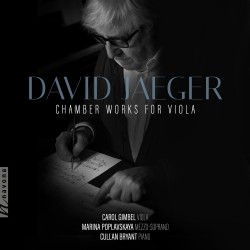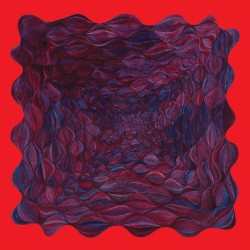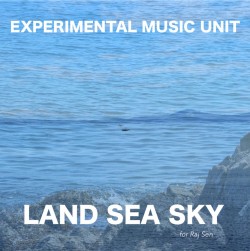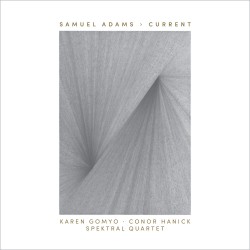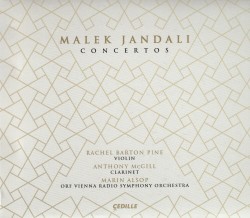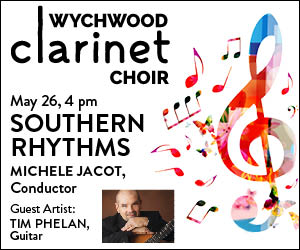Graham Campbell; Palms Upward - Various Artists
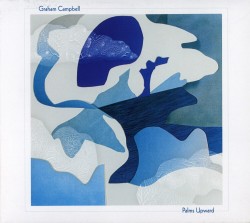 Graham Campbell; Palms Upward
Graham Campbell; Palms Upward
Various Artists
Independent (grahamcampbell.ca)
Graham Campbell is a good composer. His music is open-hearted and enjoyable to listen to. There is no apparent need to shock or jar the listener, while there is every success in moving them or bringing them peace. Call me jaded or just old, but if someone writes well, stays within conservative conventions of metre and tonality, whose sincerity of expression is their primary calling card, I’m on their side. The music is pleasing, while not especially haunting or challenging.
Pianist Angela Park provides beautiful colour on many of the tracks, most especially in the haunting Lost Souvenir, a movement from an unnamed larger work. Violinists Mark Fewer and Valerie Li, violist Caitlin Boyle and cellist Amahl Arulanandam join her for three brief pieces for piano quintet: Between Breaths, Snow Rider and Dive. Whether out of modesty or budget concerns, the digital release includes no accompanying booklet.
Palms Upward, the title track, might have been commissioned by or written for Graham’s father, clarinetist James Campbell, but without liner notes one is left guessing. It’s an unusual grouping that works well: clarinet with violin, viola, double bass and guitars (Rob MacDonald and Tracy Anne Smith of ChromaDuo).
The track titles are evocative enough to allow the imagination room to fill in the blanks. Still, I’m curious to know a little more, like what does Driftless Sea mean? This is the final track, featuring klezmer-coloured clarinet playing a folk-like melody alongside a string quartet, guitars (played by Campbell fils) and Jaash Singh on darbuka. Kettle Vapours (Park on solo piano) might suggest reflections on watching a pot boil, but it’s more eventful, more solid than vapid. Barely an intermezzo, it works.
Double bass playing is ably supplied by Charles James on several tracks, while the composer supplies guitar and piano on tracks 7 and 8 respectively.


